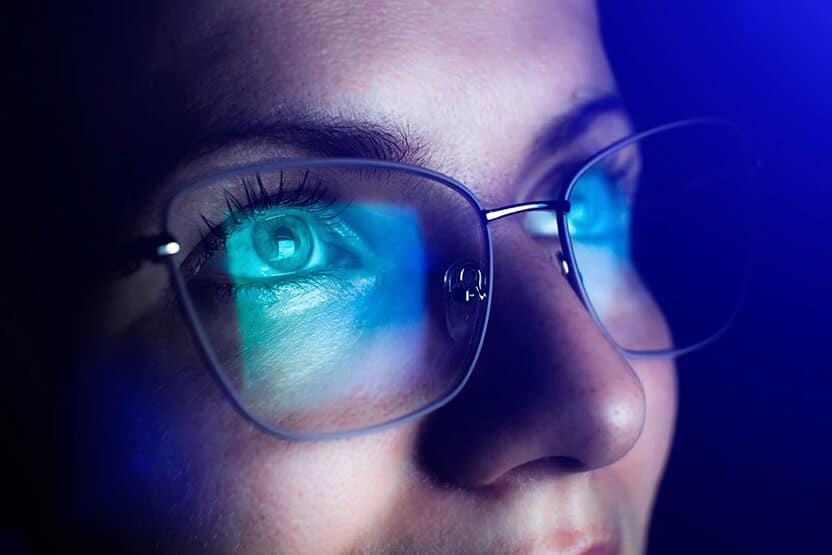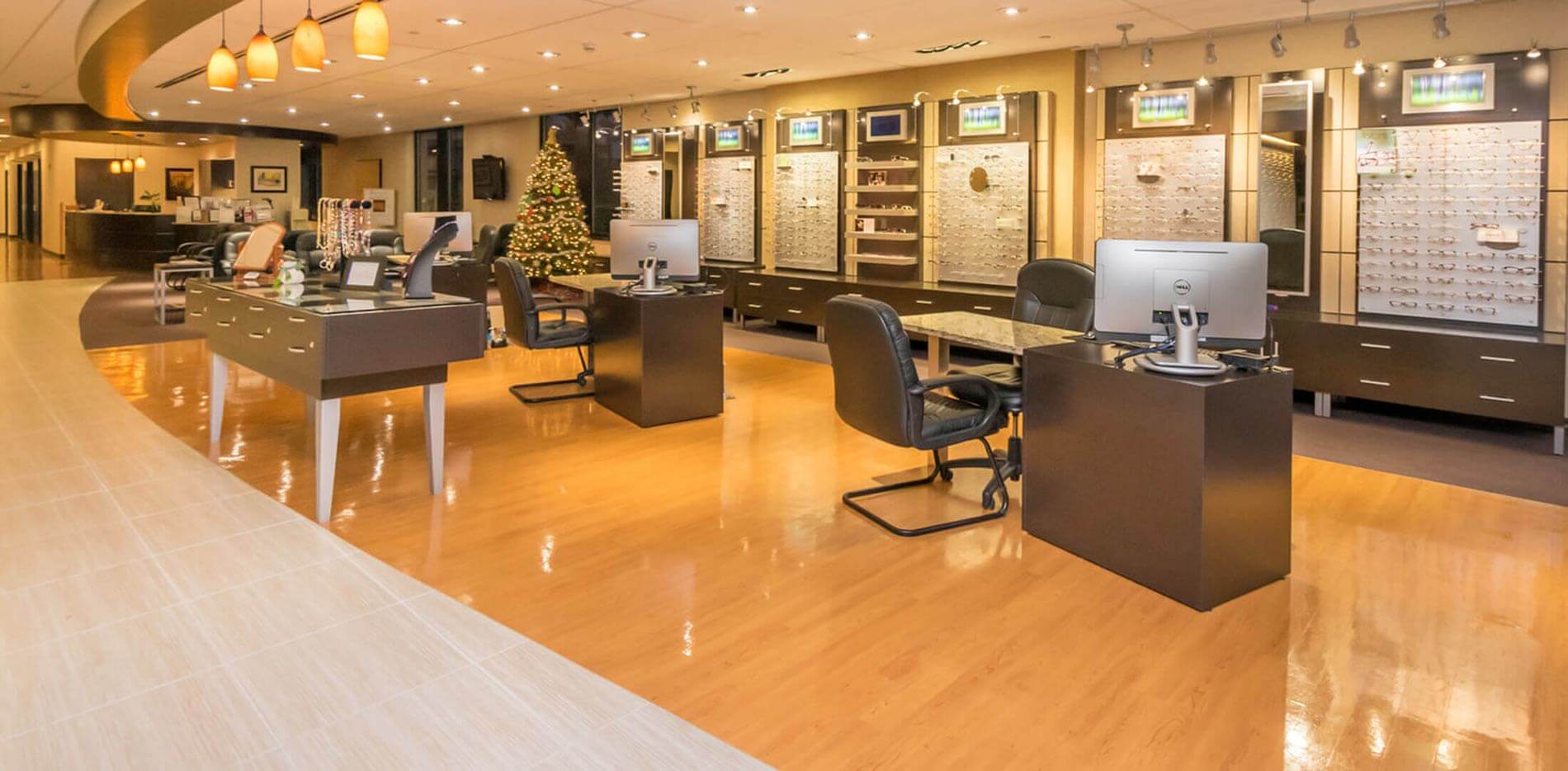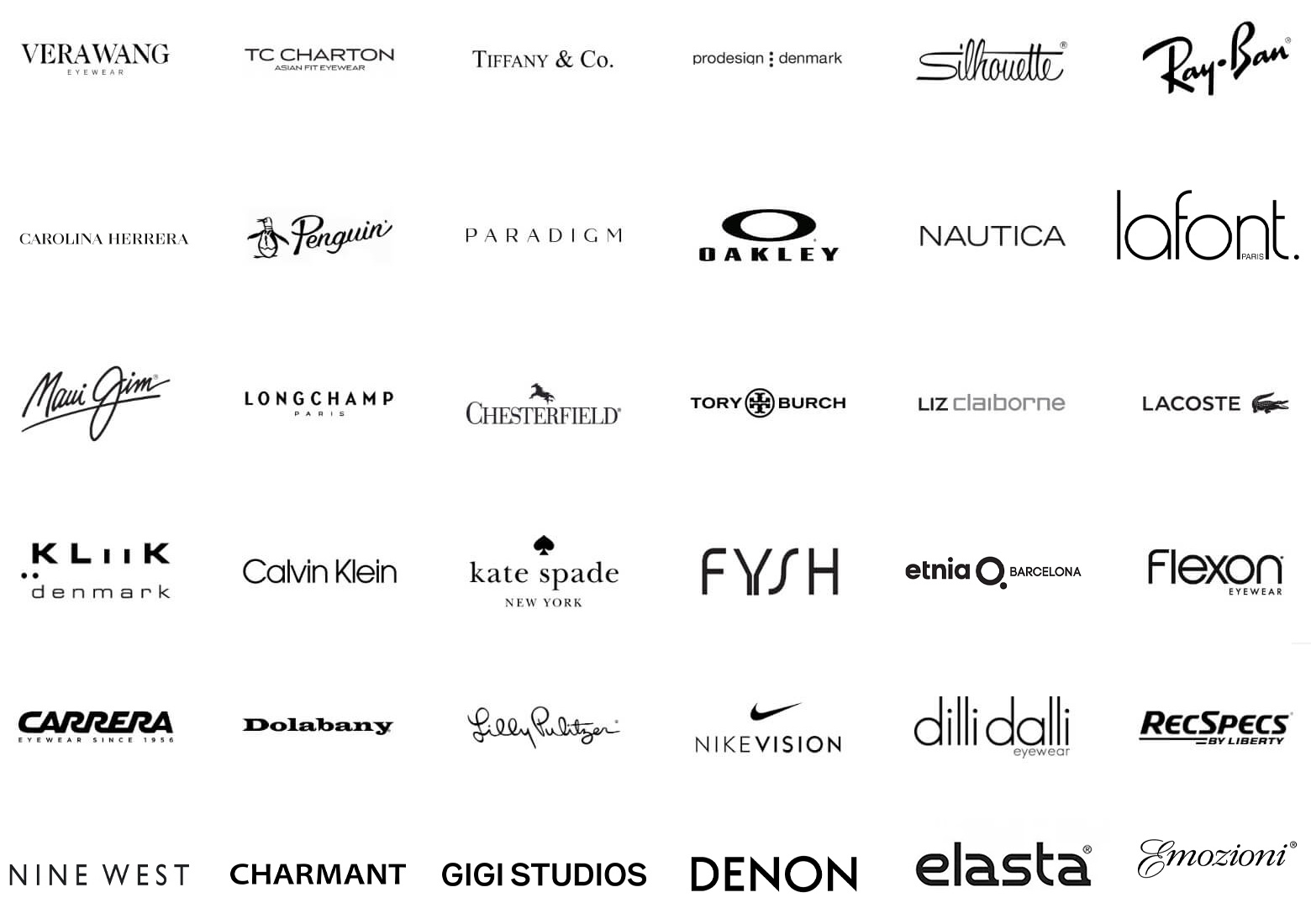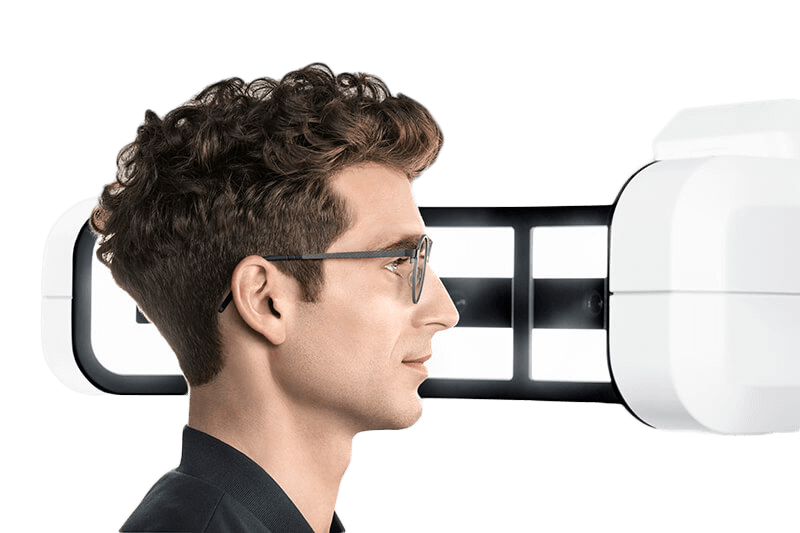
We are here to help you achieve your best vision! Our goal is to provide excellent value and outstanding service.
The Family Eye Care Center & Optical Gallery is staffed with Massachusetts licensed Opticians who are here to assist you in choosing the best frames and lenses for your individual needs. They can help you select frames that work well for your face shape and help you select the best lenses for your prescription. The Family Eye Care Center & Optical Gallery offers superior quality eyewear and lenses for people of all ages. The Optical Gallery has an impressive collection spanning from fashionable to distinguished designer frames including Dolabany, Tory Burch, Kate Spade, Oakley, Ray-Ban and so many more.
You are welcome to try on as many frames as you wish. Masks are optional as of November 1st, 2022. We do not sell off the board. When you purchase your eyewear at the Family Eye Care Center, your frame is shipped to our lab directly from the manufacturer so it’s never been tried on.


Having your Doctor and Optician in the same location allows for seamless communication and personalized care — ensuring your glasses are perfectly customized for you.

FECC & OG employs Licensed Massachusetts Opticians, professionally trained and state-certified. Many optical shops employ “stylists” without formal opticianry education. We are also approved by the State of Massachusetts to “apprentice” future Opticians — ensuring all Opticians are highly trained and qualified.

FECC & OG has invested in the Zeiss Visufit Machine, a state-of-the-art, touchless digital measuring technology that captures precise, customized measurements for your eyewear. This advanced, convenient process eliminates human error and lets you visualize yourself in your chosen frame.

Our frames are carefully selected for superior materials, craftsmanship, and design. We offer only the highest quality lenses that incorporate the latest optical technology — because helping you achieve your best vision is our top priority.

With over 30 years of trusted partnerships with leading manufacturers, FECC & OG offers premium frames and high-performance lenses at exceptional value — savings we’re proud to pass on to our patients. Our goal is simple: quality and craftsmanship without compromise.

We feature over 1,200 frames from top designers across the U.S. and around the world — including collections from Spain, Denmark, Austria, and Italy. Looking for a different style, size, or color? We’ll find it for you.

FECC & OG offers only premium lenses designed for clarity, comfort, and protection — including advanced anti-reflective and blue light coatings.

Your eyewear is guaranteed for one full year against manufacturer defects in frames and lenses.

Drs. Baharozian and their families are proud to live in, serve, and give back to this community. They remain committed to providing the community with exceptional eye care and to supporting local schools, programs, and charities.


Single vision lenses are designed for one focal distance. Near, intermediate or distance with the same correction over the entire lens.

Progressive lenses allow you to see near, intermediate and distance without any lines. This provides a smooth transition from distance to near and allows for clear vision at all distances.

Single vision lenses are designed for one focal distance. Near, intermediate or distance with the same correction over the entire lens.

Trifocal lenses allow you to see near, intermediate and distance with 2 lines dividing the three segments.

Computer lenses are progressive lenses that allow you to see intermediate and near. They have a wider intermediate area for more comfortable vision at a computer.
Polycarbonate lenses are impact resistant, 25% lighter in weight, 20% thinner than plastic, block out 100% UV rays and have a scratch resistant coating. Polycarbonate lenses are 10% thinner than Trivex lenses.
Trivex lenses are impact resistant, ultra-light weight, block out 100% UV rays and allow for sharper, clearer vision.
Hi-Index plastic lenses have a scratch resistant coating, block out 100% UV rays, can reflect up to 50% more light and are attractive for patients with stronger prescriptions because they are thinner and lighter in weight. These qualities make these lenses more comfortable than standard lenses.
Nine mutually calibrated cameras capture a 180° view of the patient’s face in one shot. Measurement data is processed using 45 million points.


The Optical Gallery at the Family Eye Care Center is largest retailer of Maui Jim sunglasses in the area!
Sunglasses can help your eyes in two important ways. Sunglasses help filter light so that you may see more clearly. Also, they protect against the damaging rays of the sun. Quality sunglasses reduce glare and filter out 99-100% of ultraviolet (UV) rays. Sunglasses should be comfortable and protect your eyes without distortion.
Sunglasses should be worn by everyone year-round, anytime you are outdoors, particularly under these circumstances:
Choose a lens color based on your preference and comfort level. Grey does not affect color perception; brown lenses are a good choice for those with Macular Degeneration, since they filter out UV and blue light rays for maximum retinal protection.
Look for sunglasses that filter out at least some blue light, which can damage the retina and lead to Macular Degeneration (vision loss from degeneration in parts of the eye). Also ask about polarization, a type of filtering that helps reduce glare. Additional things to consider are:
Most contact lenses available today do not protect your eyes from UV light. If you do not have contact lenses that absorb UV light, you need to protect your eyes with sunglasses.
AMD is a major cause of vision loss in the U.S. for people age 55 and older. Exposure to UV and intense violet/blue visible radiation contributes to degenerative processes in the retina. Over 13 million Americans are affected by this disease.
Excessive UV exposure is well known to cause cancer of the skin. Eyelid skin is one of the most common areas of the body to develop skin cancer.
In conjunction with advancing age, excessive exposure to sunlight can cause cataracts.
Photokeratitis is essentially a reversible sunburn of the cornea resulting from excessive UV-B exposure. It occurs when someone spends hours on the beach or snow without eye protection. It can be extremely painful for 1-2 days and can result in temporary loss of vision. There is some indication that long-term exposure to UV-B can result in corneal and conjunctival degenerative changes.
Pterygium is a grown of tissue on the white of the eye that may extend onto the clear cornea where it can block vision. It is seen most commonly in people who work outdoors in the sun and wind and its prevalence is related to the amount of UV exposure. It can be removed surgically, but often reoccurs. If it is left untreated, it can cause visual loss.
Everyone is at risk. No one is immune to sunlight-related eye disorders. Every person in every ethnic group is susceptible to ocular damage from UV radiation that can lead to impaired vision. However, fair-skinned, light-haired people are at greatest risk.
Children are not immune to the risk of ocular damage from UV radiation. More UV is transmitted to the retina of a child than to the retina of an adult.Children typically spend more time outdoors in the sunlight than adults. Solar radiation damage to the eye may be cumulative and may increase the risk of developing an ocular disorder later in life. It is prudent to protect the eyes of children against UV radiation by having them wear a wide-brimmed hat or cap and sunglasses. Sunglasses for children, as with all glasses, should have lenses made of poly-carbonate because of their superior impact resistance.